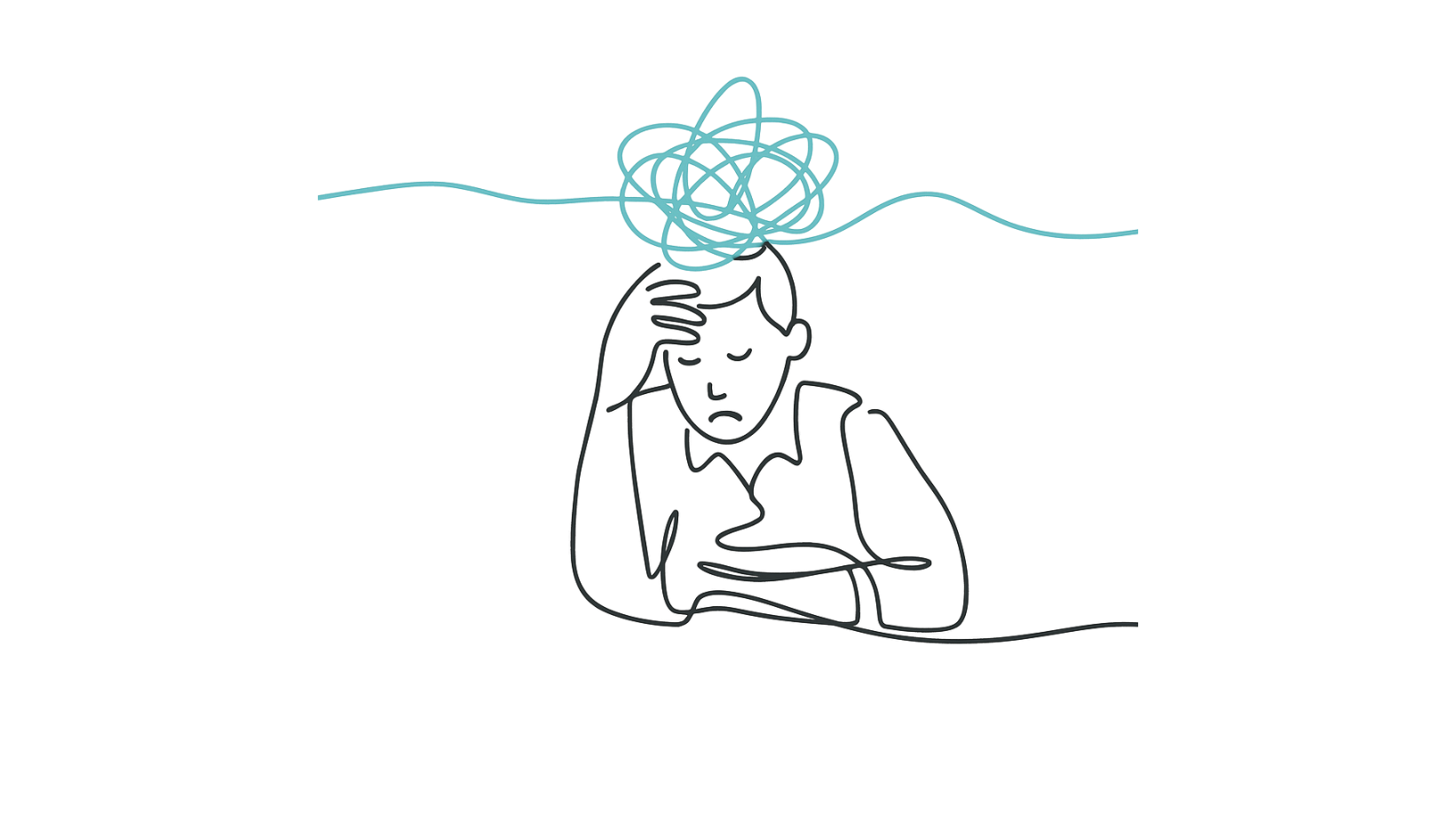Do I Need Trauma Therapy? 4 Signs EMDR Might Help
You don’t need a PTSD diagnosis to benefit from trauma therapy.
Trauma can show up in many ways: unexplained anxiety, emotional shutdown, irritability, or even a sense of being “stuck.” EMDR therapy helps people process unresolved experiences—even when they aren’t sure what those experiences are.
1. Intrusive Thoughts or Flashbacks
Do painful memories pop up without warning?
Do certain sounds, smells, or places trigger intense reactions?
These are signs of unresolved trauma. EMDR helps by gently guiding your brain to process and “digest” these memories, reducing their emotional charge.
2. Avoidance and Emotional Numbness
If you find yourself avoiding certain situations—or feeling emotionally flat or disconnected from others—it may be a form of protective avoidance. EMDR can help you reconnect to your body and emotions safely.
3. Hypervigilance or Easily Startled Responses
Are you always “on alert” or quick to anger?
Do loud noises or unexpected changes spike your anxiety?
These symptoms often stem from a nervous system that hasn’t returned to baseline after trauma. EMDR therapy can restore a sense of inner calm and safety.
4. Low Self-Esteem or Core Beliefs Like “I’m Not Enough”
Unprocessed trauma can feed deep-rooted beliefs that you’re unsafe, broken, or unworthy. EMDR therapy helps shift those core beliefs and support new, empowering self-narratives.
What If I Don’t Remember a Specific Trauma?
That’s okay. EMDR doesn’t require a clear memory or “big-T trauma” to work. Many clients benefit from EMDR without having a single defining event. The therapy works with emotions, sensations, and patterns—not just conscious memories.
What Happens If You Start EMDR?
You’ll work with a trauma-informed therapist to identify safe starting points. Sessions will go at your pace and often include resourcing tools like breathwork, grounding techniques, or Parts Work to support regulation.
Ready to explore whether EMDR is right for you?
Let’s talk. Your first consultation is a safe space to ask questions and get support.

